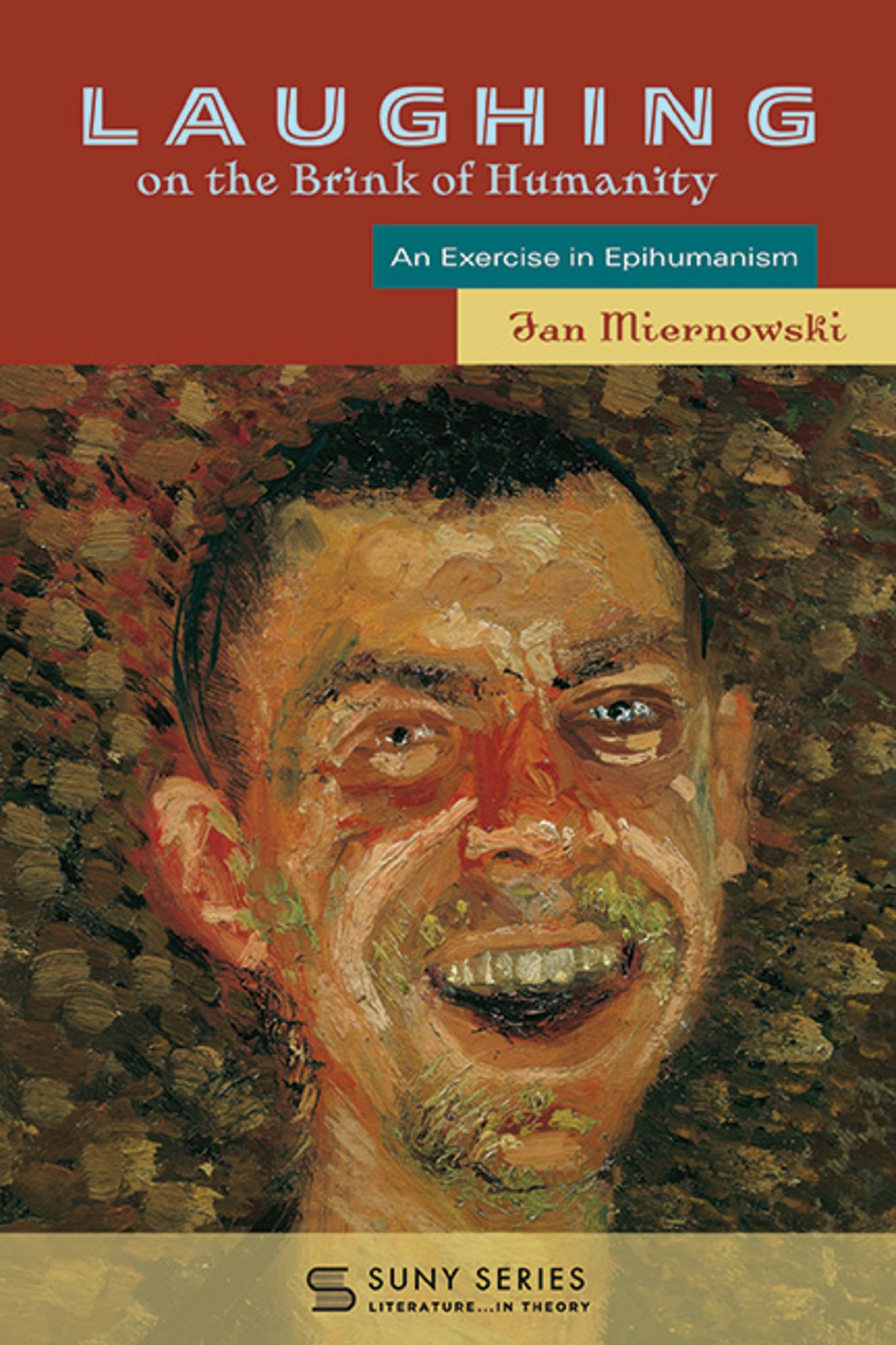We're sorry. An error has occurred
Please cancel or retry.
Laughing on the Brink of Humanity

Some error occured while loading the Quick View. Please close the Quick View and try reloading the page.
Couldn't load pickup availability
- Format:
-
01 November 2024

Stretching from antiquity to AI, a provocative study of the joyless laughter that emerges at the boundary of the human and the inhuman.
What does it mean to be human? And, more precisely, what does it mean to be human now, with both humanism and the humanities in crisis? In answer to these questions, Laughing on the Brink of Humanity seeks not some essence of the human but rather an epiphenomenal manifestation-a sign of the human. The book finds such a sign in the joyless, painful, and often deadly laughter that resonates when we cross the barrier between what is human and what is not: animality, machinery, divinity. Jan Miernowski brings together a wide swath of discourses and figures, from Plato and the Bible through early modern humanism, to Friedrich Nietzsche, Georges Bataille, Hannah Arendt, Claude Lanzmann, Spike Jonze, Tom Stoppard, and Michel Houellebecq. Looking for laughter on the brink of humanity-in literature and philosophy, natural science and film, theology and computer science-the book offers an exercise in epihumanism appropriate to our posthuman age.


"A major contribution to the ongoing discussion of humanism, this book offers an extremely original study of a very particular form of laughter, a 'joyless laughter' that can be observed in different types of traumatizing or borderline circumstances. In building readings of this laughter into a theory of what Miernowski calls 'epihumanism,' the book also provides a defense and illustration of how the humanities and literary analysis in particular can nourish our current philosophical discussions and cultural debates." — Yves Citton, author of The Ecology of Attention
Acknowledgments
Introduction
1. Laughing at the Death of Man
2. Laughing Animals
3. Laughing (Human) Machines
4. Machining (Human) Laughter
5. Laughing Gods
6. Laughing Men
Epilogue
Notes
Works Cited
Index



